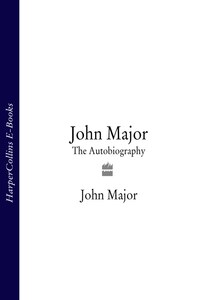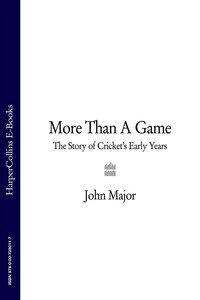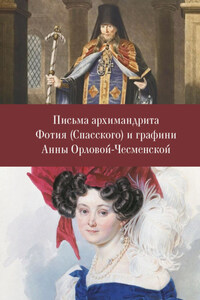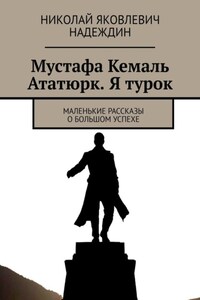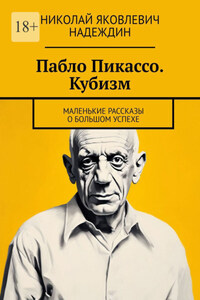William Collins
A division of HarperCollinsPublisbers Ltd. 1 London Bridge Street London SE1 9GF
www.harpercollins.co.uk
First published in Great Britain by HarperCollinsPublisbers 1999
Copyright © John Major 1999, 2000
John Major asserts the moral right to be identified as the author of this work
All rights reserved under International and Pan-American Copyright Conventions. By payment of the required fees, you have been granted the nonexclusive, nontransferable right to access and read the text of this ebook on-screen. No part of this text may be reproduced, transmitted, downloaded, decompiled, reverse engineered, or stored in or introduced into any information storage and retrieval system, in any form or by any means, whether electronic or mechanical, now known or hereinafter invented, without the express written permission of HarperCollins ebooks
HarperCollinsPublishers has made every reasonable effort to ensure that any picture content and written content in this ebook has been included or removed in accordance with the contractual and technological constraints in operation at the time of publication.
Source ISBN: 9780002570046
Ebook Edition © FEBRUARY 2013 ISBN 9780007400461
Version: 2016-08-24
SINCE I LEFT 10 Downing Street, I have often thought – why politics?
From politicians themselves the standard response is a burning ambition to improve the lot of the poor, say, or the disabled, or to ‘change things for the better’.
There is truth in these claims – they are not to be disparaged. But the answer is too often calculated to win approval, too self-serving, and almost always incomplete. Motives for entering politics are much more complex. Mine certainly were.
Politics attracted me from an early age. I longed to be involved, and loathed the thought that I would have no part in making the decisions that would shape my life and times. The thought of a run-of-the-mill job did not appeal; I wanted excitement and the stimulus of the unexpected – although, I was to learn, one can overdose on that. I did believe in public service and public obligation, and if I’d had a double first I would have been attracted to a career in the Civil Service. But I had no wish to be a second-rank civil servant, and my background and lack of paper qualifications would more or less have dictated that fate, irrespective of any talent I might have shown. Being insufficiently educated to advise ministers, I decided early on to be a minister myself, and to harness others’ learning to my native good sense.
Fame is the Spur, wrote Howard Spring. He was right. Political life is stimulated by ambition, and providing ambition is not obsessive, I see nothing wrong in that. Even in these cynical days it is something to be a Member of Parliament, with those precious initials after your name.
I was attracted to the Conservative Party because it did not draw its language from the dark emotions of envy or resentment. It cared for the weak, the poor and the old, but unlike the Labour Party it did not demand a lifetime of adherence to a class struggle. It saw people as individuals, not as political troops. The Conservatism of Harold Macmillan, Iain Macleod and Rab Butler understood and spoke the language of compassion. Compassion is a virtue the best of the Conservative Party has long lived by, and without which it would never have become the broad-based, tolerant party I joined. The tone of Conservatism that appealed to me did not cultivate the envy of the few in order to improve the condition of the many. It argued for the opportunity to build security and ownership and wealth – and it showed the practical way to do so. It was not hidebound by ideology. This philosophy made me a Conservative from the first moment I truly thought about politics.
The life of politics is like no other. It has many joys and excitements, and I would not have missed them. But there is a price to be paid for the fame and the fun, and too often it is paid by family and friends. Politics at the top is all-consuming. Every interest is swept up and subordinated to its demands. I tried to guard against this by living parallel lives – politics and private life – which I did my best to prevent merging. In this I was largely successful, preserving my personal friendships and interests, and, I hope, providing a sense of balance for the life after high office.
